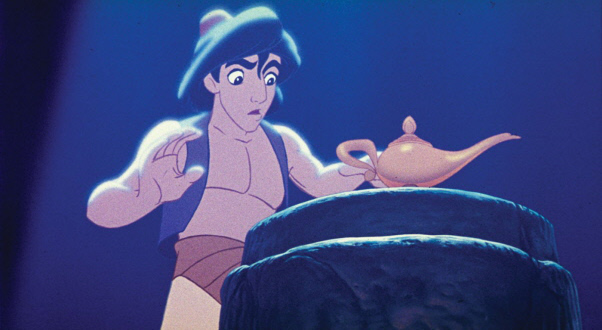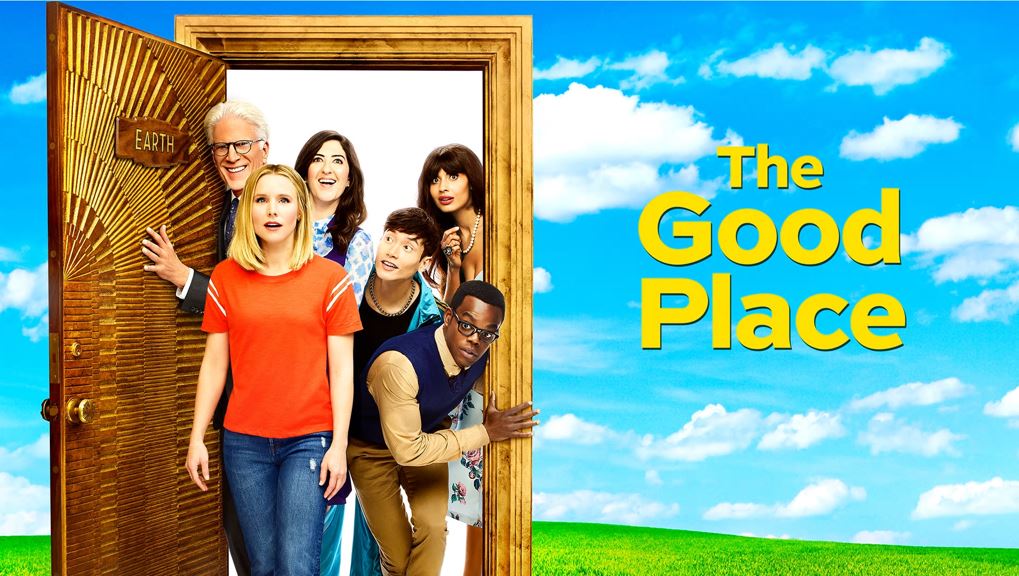We are regulated beings. We fold, crimp, and scrunch our lives until they match our specification. This is especially true in college as students plan out every step of their next decade. Excel sheets are laid out. Schedule builders are used obsessively. And in our minds, the process never stops. Rewinding to search for missed opportunities. Fast-forwarding to a future that may never happen. And when I do misstep, it feels like something has been shattered inside of me. Then, there is a new plan, an altered goal. There is certainly no room for uncertainty and no time for doubt. I am always looking for a new box to fit myself into. I am always searching for a structure.
We came to college for independence. I think a pamphlet told me that once. We came to get away from overbearing parents and their never-ending concerns about our futures. Most of all, we were promised control. A chance at the driver’s seat. In high school, I thought I would be a good driver. But when you are steering, all the roads begin to look blurry. You start to worry about the dark ditches and sudden swerves. And your grip on the wheel becomes tighter and tighter until it feels as if your heart is racing as fast as the car. No, you’re not in control. You are not free. It feels easier to keep pretending, to spin the wheel even when it feels as if we are having no effect.
It gets frustrating, sometimes. Sometimes, I let go of all the schedules and rules. I stop squinting at every aspect of my life and close my eyes instead. I remember the first time I skipped class. To be honest, it did not take long, probably a month into my first semester. I watched as my alarm clock ticked closer and closer to 8:30 and imagined the impossibly long walk to Angell Hall. The day stretched before me with all its blocks of occupied time. Perhaps, just this once, I could pass the block on my own terms. True freedom. Classes are, after all, a professors’ domain. We sit in seats and are pelted with information with only the occasional chance to insert a question. Most of the time, it feels as if we only exist to press an iClicker. We dutifully enter on time, exit on time, renter the next week. We do what we must, so that eventually, eventually we can do what we want to. But that day, I pursued my wants first.
It was a squirming, sly pleasure to defy all the rules that I set for myself. It was a pleasure that I wanted to indulge like a child suddenly exposed to chocolate. If my control meant nothing, if I was to be ignored in lecture, then why shouldn’t I lie in bed for the indeterminate future? But I was ultimately still a regulated being and this time, it was my stomach growling that I move. I was once again reminded of all the invisible forces that act upon my life. All the forces that snatch my power away, make me feel small. Sometimes, I do battle against these forces with Excel sheets. Sometimes, I refuse the fight altogether.






